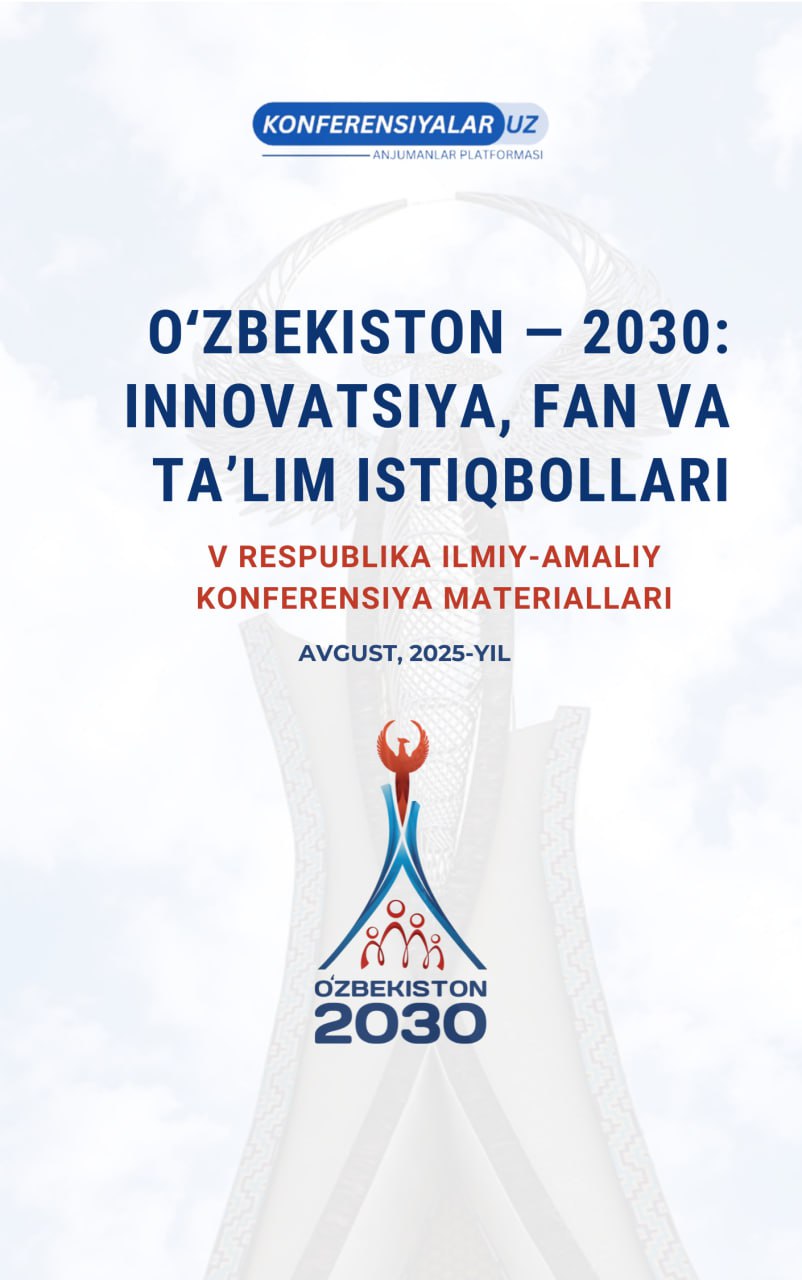THE CHARACTERISTICS OF THE MANIFESTATION OF THE PHILOSOPHY OF HUMANISM IN THE MEDIEVAL EASTERN RENAISSANCE
Keywords:
Eastern Renaissance, humanism, philosophy, human, intellect, morality, Al-Farabi, Ibn Sina, Alisher Navoi, Abdurahman Jami, Middle AgesAbstract
. The article analyzes the formation, stages of development, and unique characteristics of the philosophy of humanism during the Medieval Eastern Renaissance. It examines the views of Eastern thinkers of the 8th–12th and 14th–16th centuries on human nature, intellect, morality, freedom, and social responsibility, as well as their influence on the European Renaissance. The works of prominent scholars such as Al-Farabi, Ibn Sina, Al-Biruni, Alisher Navoi, and Abdurahman Jami are highlighted, showing the central role of humanistic values. The integration of humanism with spiritual and religious values in the East is presented as a distinctive feature compared to the secular trend in the West.
References
1. Чанышев А.Н. Курс лекций по древней и средневековой философии. – М.: Высшая школа, 1991. – Б. 402-403.
2. Fozil odamlar shahri. Nodir va dono fikrlar. — Т.: “O‘zbekiston milliy ensiklopediyasi” Davlat ilmiy nashriyoti, 2004. — 160 b.
3. Sulaymonov Jasur Baxtiyorovich. Ibn Xaldunning “Muqaddima” Asarida Jamiyat Taraqqiyotiga Ta’sir Qiluvchi Omillar Talqini Oriental Renaissance: Innovative, educational, natural and social sciences. VOLUME 1 | ISSUE 4 ISSN 2181-1784 SJIF 2021: 5.423
5. Abu Nasyr fl-Farabi «The Virtuous City», Abai International Club, A., 2014. P-7-8.
6. Altaev J.A. Classical Islamic philosophy of the Middle Ages. A., Kazak Universities, 2015. P-22.






